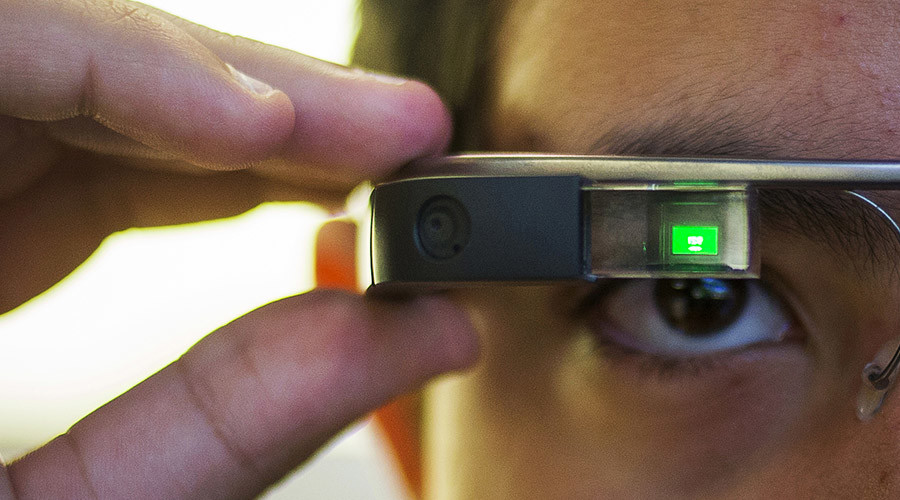Researchers are developing a special technology based on the Google glass device that could help children born with autism recognize, classify, and basically “see” the emotions of other people.
Google glass, a wearable device thought to be so useless by even its manufacturer that it was taken off the market just a couple of months after it was officially launched, may soon find a new lease on life,BBC reported.
The Autism Glass Project is developing software compatible with Google’s gadget that could make it possible for autistic children to interact with other people and literally read their faces without a hitch.
According to the Project, over 1 million children under the age of 10 in the US alone have been diagnosed with Autism Spectrum Disorder. It is often tough for such children to recognize basic facial emotions. With the new device, socializing and recognizing emotional cues will be less of a problem.
Wall Lab, which is promoting the project, has recently kicked off a 100-person trial for children and their families to try out the glasses at home.
The device is equipped with a video camera that captures facial expressions and then compares them with vast databases of photos of faces.
The program then sends a text message that pops up right in front of the child’s eye, notifying them whether the person they are talking to is feeling happy, sad, angry, and so on. The glasses will be able to memorize recurring facial expressions and adjust to differences in space and lighting.
The data stored in the glasses can be transferred to an Android app where it can then be collected and analyzed by parents or caregivers.
Children with autism spectrum disorder are not capable of reading human expression – even the most basic ones such as smiling or frowning. Most of them have a substantial lack of skills essential for communicating and bonding with other people.
“Gaining these skills requires intensive behavioral interventions that are often expensive, difficult to access, and inconsistently administered,” the Autism Glass Project says on their website.
The project is aimed at bringing a change to those kids’ lives by making the new technologies accessible for everyone.
H.Z

